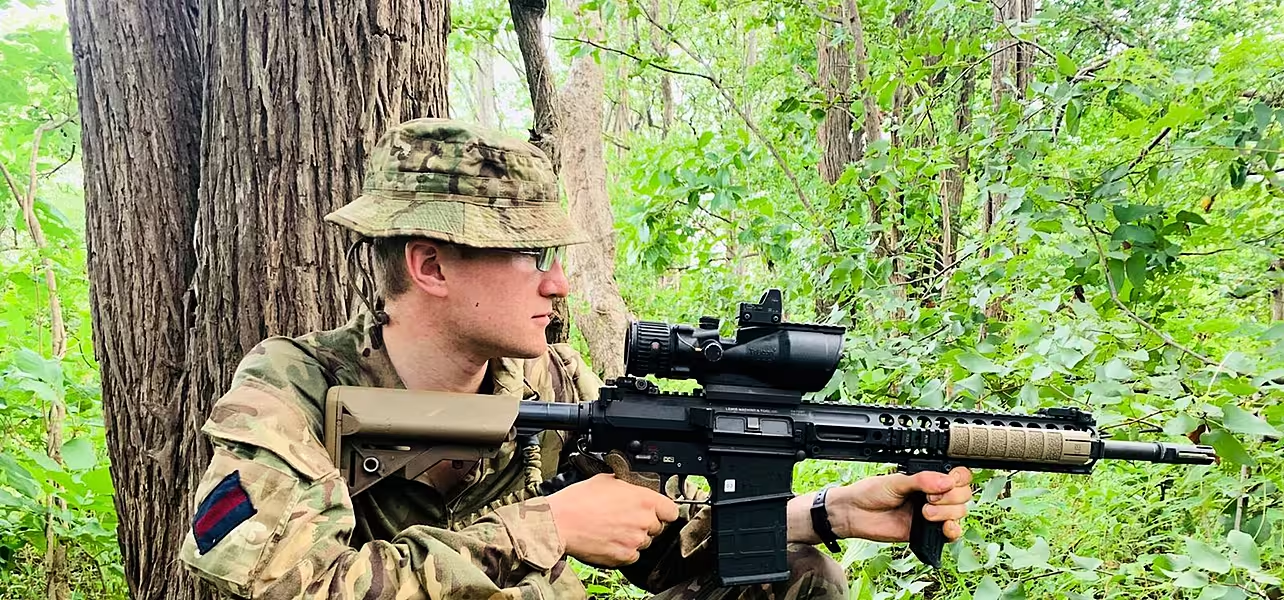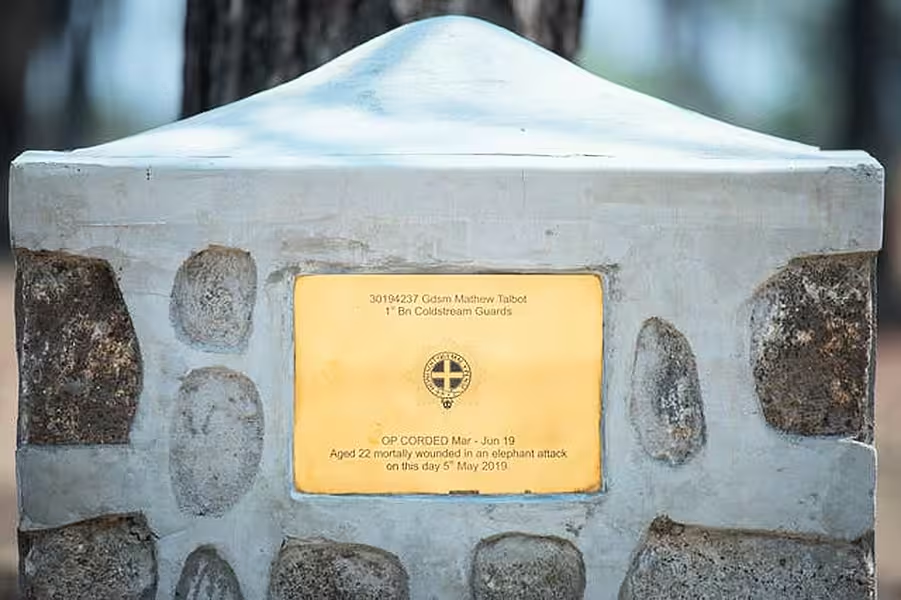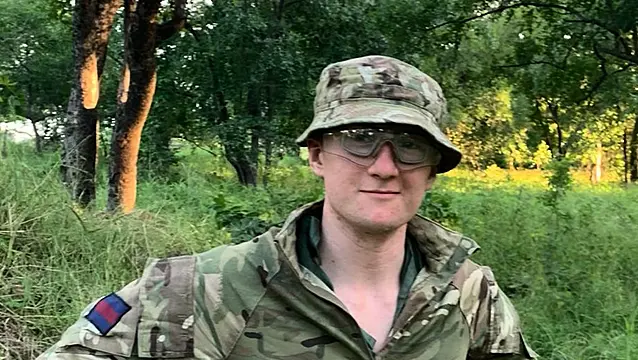A colleague of a British Coldstream Guardsman killed in an elephant charge in Malawi has told an inquest how the soldier was attacked as he tried to climb a tree in a bid to escape.
Lance Sergeant Robert Padgham told Oxford Coroner’s Court how he pulled injured Guardsman Mathew Talbot into cover, before providing medical assistance and helping to carry him on a stretcher to a vehicle pick-up point.
An inquest which started on Monday was told 22-year-old Talbot, from Great Barr, West Midlands in the UK, suffered fatal injuries while navigating as part of an eight-day, five-man anti-poaching patrol in Liwonde National Park in Malawi on May 5th 2019.
Patrol leader Padgham gave evidence to the hearing via video-link, explaining that he was forced to twice climb a tree to ensure he was not injured by a number of elephants.
The soldier, who used two firecrackers in an attempt to scare away the animals, said in a statement read to the court: “I recall that we were patrolling directly west.

“At about 10.00 hours we were patrolling through elephant grass, which is roughly seven feet in height and visibility is limited.
“An elephant appeared roughly five metres to my right.”
The inquest was told that both soldiers and three park rangers began running in different directions, and as Talbot attempted to climb a “prominent branch” of the tree, he was seen being “thrown” and “knocked” into the air.
Padgham described the actions of the elephant as a sweeping motion with its head.
The witness told the court he had then lit and thrown a firecracker in an attempt to scare a group of elephants away, and they initially left the immediate scene.

Padgham, who immediately began first aid, said: “As I went down to him initially, I dragged him into the cover of that tree.”
Asked how suddenly the incident had occurred, the soldier went on: “The lead ranger gave the signal for dangerous game to the front.
“We started to back off and then from my right it came charging through, so we just dispersed, like we were taught.”
Padgham said soldiers on anti-poaching patrols had been taught to fire warning shots, to scare away animals posing a danger, only as a last resort.
But he added: “In my mind personally, if an attack like that happened, and I was in a position to, I would have fired a warning shot.”

Explaining why he had not fired a warning shot after climbing into a tree during the elephant attack, he added: “The sharp shooter is quite long-barrelled.
“I was hanging on the tree with one hand. I didn’t want to fire a shot in the direction where the animal was in case of hitting Mathew.”
The inquest was told a report into the death had identified the “leadership and personal strength” of Padgham in evacuating Talbot on a stretcher and controlling a haemorrhage as being “initially life-saving”.
The first day of the inquest was also told Talbot died from complications of chest and soft tissue injuries.
Statements were read to the hearing on behalf of the three park rangers who took part in the patrol, including one who said he was aware of an elephant “chasing me personally” — prompting him to fire a warning shot to scare it away.
The inquest, sitting without a jury, follows a British Ministry of Defence (MoD) service inquiry, published last year, which highlighted shortcomings in estimating how long it would take to get a casualty from a remote location to the nearest hospital.
In September 2019 the Prince Harry honoured Talbot by laying a wreath at a memorial during a visit to Liwonde National Park.

Prince Harry's handwritten message attached to the wreath read: “In grateful memory of Guardsman Talbot who made the ultimate sacrifice in the service of his country and conservation. Rest in Peace.”
The inquest will hear evidence over two weeks, covering the command and management of the incident, preparation and procedures in force in Malawi, and resources available at the time.
The hearing continues.







